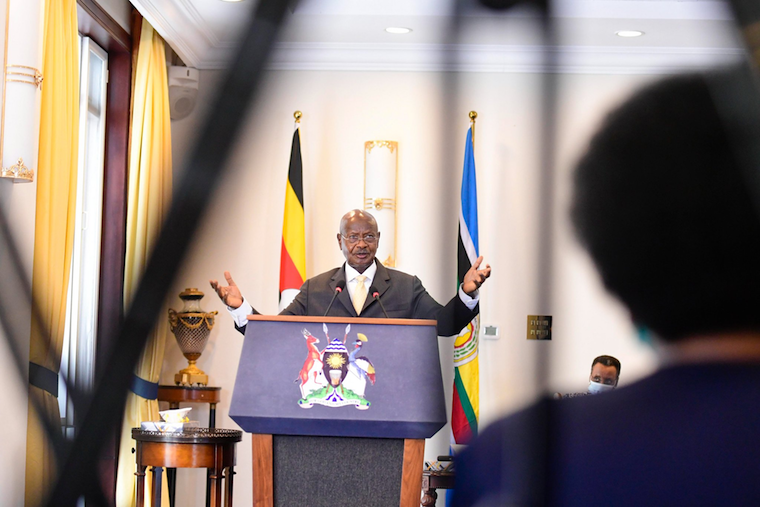
63 years ago, Uganda emerged from the shadows of colonial rule, filled with hopes for a brighter future.
In those early years, the nation was poised for greatness, often compared to rising stars like Singapore. But what began as a promising journey soon spiraled into a tale of betrayal, mismanagement, and lost potential.
The initial years of independence showcased a semblance of political maturity and development. However, the political landscape shifted dramatically in 1966 when Prime Minister Milton Obote clashed with President Sir Edward Muteesa.
This power struggle marked the beginning of a series of crises that would plague Uganda for decades. The abrogation of the constitution and the abolition of kingdoms set a dangerous precedent, signaling a departure from democratic governance.
Obote’s downfall in 1971 at the hands of General Idi Amin Dada ushered in an era of terror. Amin’s regime was characterized by brutality and the expulsion of Asians, dismantling the very fabric of Uganda’s economy.
While the subsequent overthrow of Amin in 1979 by a coalition of Ugandan exiles and the Tanzanian army offered a glimmer of hope, it was short-lived. The return of political instability continued with the violent aftermath of the 1980 elections, leading to Yoweri Museveni’s rise to power in 1986.
For nearly four decades, Museveni has ruled Uganda, and his tenure has been marred by the collapse of institutions, rampant corruption, and the privatization of public services that promised economic revival but delivered little.
While the government touts the restoration of peace as its greatest achievement, this peace comes at a significant cost: the erosion of human rights, the deterioration of the rule of law, and an alarming drift towards authoritarianism.
The promise of independence was not merely political; it was a commitment to the well-being of all Ugandans. Today, that promise lies in tatters. The quality of life for many has declined sharply, with public services—once robust—now crumbling.
Graduates face high unemployment rates, and citizens grapple with poverty and diminished prospects. The corruption that permeates the public sector has stunted infrastructure development and eroded trust in governance.
Judicial independence, a cornerstone of democracy, has been compromised. Rather than serving as a check on power, the judiciary has become an extension of the ruling party, stifling dissent and undermining the very tenets of justice. As Uganda slowly drifts towards a military dictatorship, the dreams of independence seem increasingly distant.
The betrayal of independence in Uganda is not merely a political failure; it is a profound disappointment for a nation that once embodied hope and potential. It is a stark reminder of the responsibility that comes with power and the dire consequences of neglecting the welfare of citizens.
Uganda should have been a beacon of progress, yet it stands as a cautionary tale of how power can corrupt and dreams can wither. As we reflect on these sixty-three years, it is crucial to reclaim the spirit of independence and demand accountability from those in power.
The fruits of independence are not merely for the elite; they belong to every Ugandan. It is time to revive the vision of a prosperous, inclusive, and democratic Uganda—one that honors the sacrifices made for freedom and strives for a future worthy of its past.


